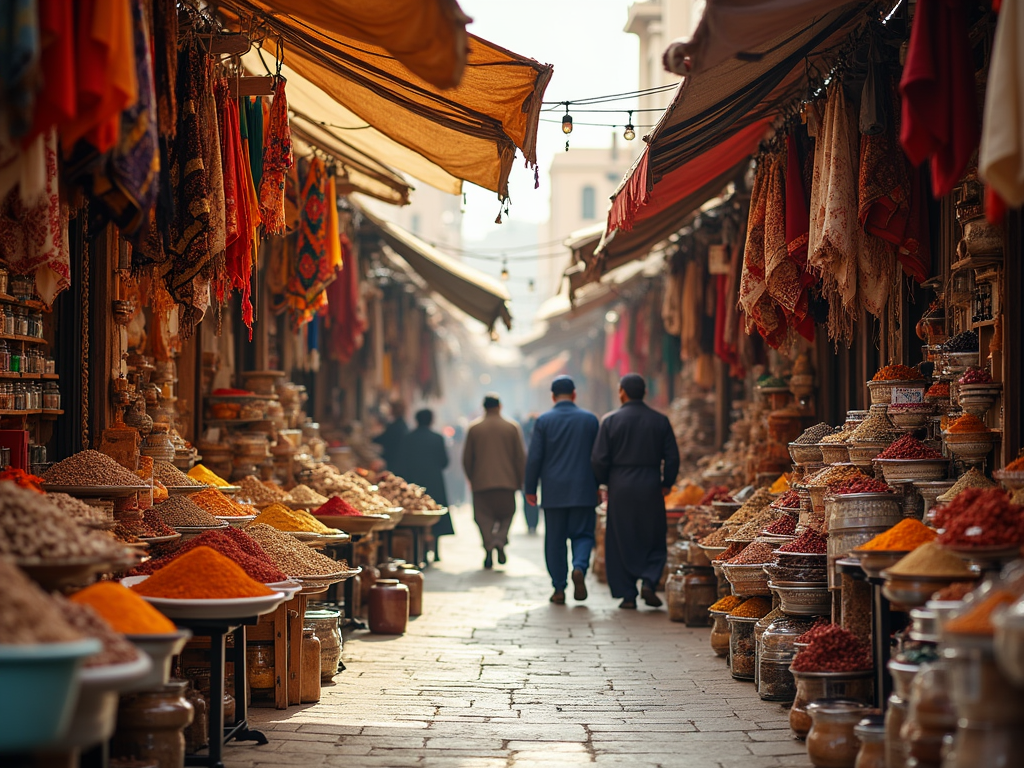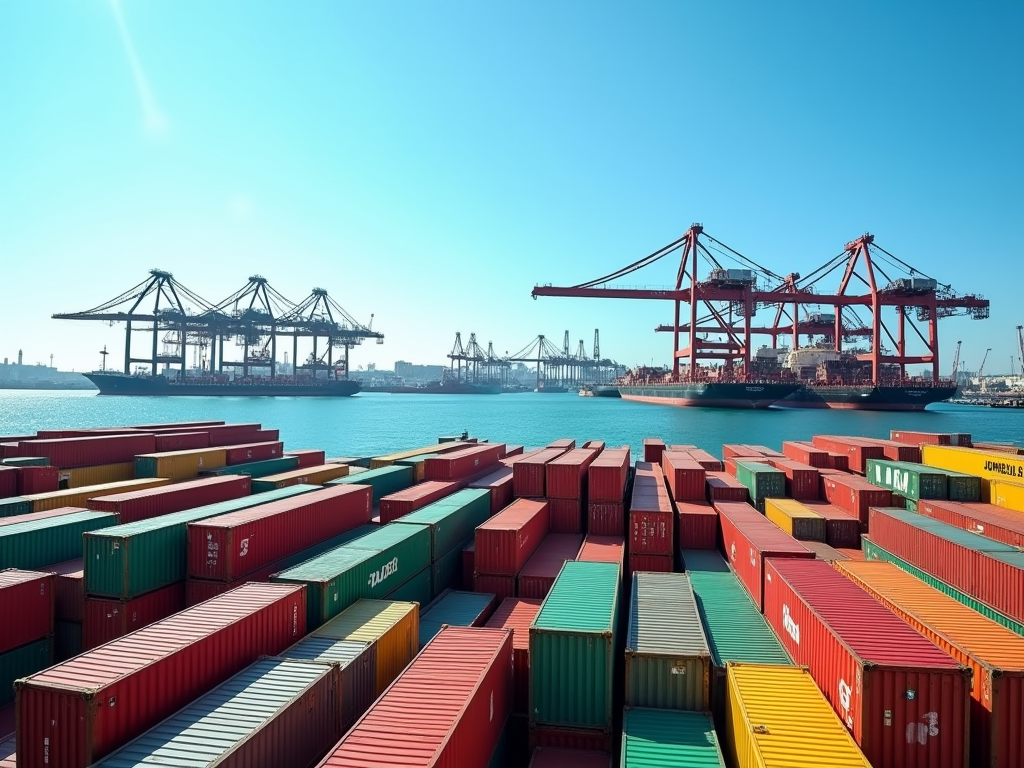Dubai has emerged as a global nexus for international trade, driven by its strategic geographic location, robust infrastructure, and progressive economic policies. With its proximity to Europe, Asia, and Africa, Dubai serves as a vital link for businesses looking to expand their reach. The city’s diverse economy, coupled with state-of-the-art facilities and regulatory frameworks, fosters a conducive environment for trade. Additionally, Dubai’s status as a free trade zone attracts thousands of companies seeking to capitalize on its unique advantages. As a result, Dubai is not just a city; it is a thriving commercial hub that supports international trade on various fronts.
Geographical Advantage

One of the key factors that position Dubai as a prime location for international trade is its advantageous geographic location. Nestled at the crossroads of major international shipping routes, Dubai allows businesses to access emerging markets effectively. Here are some geographical benefits:
- Proximity to Key Markets: Dubai is located within a few hours’ flight from major cities in Europe, Asia, and Africa.
- Port and Airport Facilities: The Jebel Ali Port is one of the largest and busiest in the region, while Dubai International Airport is a top hub for international air freight.
- Connectivity: Well-established transport links facilitate trade with neighboring Gulf states and beyond.
- Time Zone Benefits: Dubai’s time zone allows for convenient business hours overlap with different regions, enhancing communication and trade efficiency.
- Logistical Advantages: Efficient logistics and customs processes simplify shipping and trading operations.
World-Class Infrastructure

Dubai boasts exceptional infrastructure that significantly contributes to its status as a global trade hub. From advanced transportation systems to cutting-edge logistics facilities, the city continually invests in its infrastructure. Key infrastructures include:
- Advanced Road Networks: An extensive road network connects Dubai to neighboring emirates and countries.
- Modern Ports: Jebel Ali Port, which has the capacity to handle large shipping vessels, also features state-of-the-art cargo and logistics facilities.
- International Airports: Dubai International Airport provides a vital gateway for both passengers and freight, enabling efficient global trade.
- Free Trade Zones: The numerous free zones in Dubai provide tax exemptions and various incentives for foreign businesses.
- Safe Logistics Systems: High-security standards and technology integration promote a secure trading environment.
Dubai has instituted a business-friendly regulatory framework that supports and encourages international trade. The UAE government continually updates its laws and regulations to enhance ease of doing business. Significant aspects include:
- No Personal Income Tax: Foreign businesses benefit from a favorable tax regime that includes no corporate tax for most businesses.
- 100% Foreign Ownership: Specific free zones allow complete foreign ownership, eliminating the need for local partners.
- Streamlined Customs Regulations: Simplified customs processes facilitate quicker clearance for goods.
- International Treaties: The UAE has signed numerous bilateral and multilateral trade agreements, boosting trading opportunities.
- Transparent Business Practices: Efforts to promote transparency minimize bureaucracy and corruption.
Diverse Economy
Dubai’s diverse economy contributes to its role as an international trading hub. While initially reliant on oil, the city has diversified into sectors such as tourism, finance, logistics, and technology. The following industries illustrate this diversification:
- Tourism: As a leading tourist destination, Dubai’s hospitality sector stimulates trade in goods and services.
- Real Estate and Construction: Ongoing infrastructure developments and mega-projects are spurring demand for construction materials and machinery.
- Financial Services: With numerous banks and financial institutions, Dubai serves as a financial center, facilitating international business transactions.
- Technology Startups: A surge in tech startups has attracted talent and investment, augmenting trade in digital services.
- Agriculture and Food Sector: Dubai’s strategic efforts in food security have influenced trade in agricultural products.
Conclusion
In summary, Dubai’s geographical advantage, world-class infrastructure, business-friendly regulations, diversified economy, and strategic initiatives collectively position it as a prime location for international trade. The city’s commitment to innovation and continuous development ensures that it remains at the forefront of global commerce. Businesses looking for a strategic foothold in the Middle East and beyond would benefit greatly from investing in this thriving commercial hub.
Frequently Asked Questions
- What are the main advantages of trading in Dubai? The main advantages include strategic location, advanced infrastructure, favorable tax policies, and a supportive regulatory environment.
- How does Dubai’s free trade zone benefit businesses? Free trade zones in Dubai offer incentives like tax exemptions, full foreign ownership, and simplified customs procedures, fostering an attractive business environment.
- Is it easy to start a business in Dubai? Yes, starting a business in Dubai is relatively easy due to streamlined processes, accessible resources, and government support for foreign investors.
- What industries are growing in Dubai? Growing industries in Dubai include tourism, finance, technology, real estate, and logistics.
- How does Dubai ensure logistics security? Dubai implements high-quality security standards and utilizes advanced technology to ensure the safety and efficiency of logistics operations.
